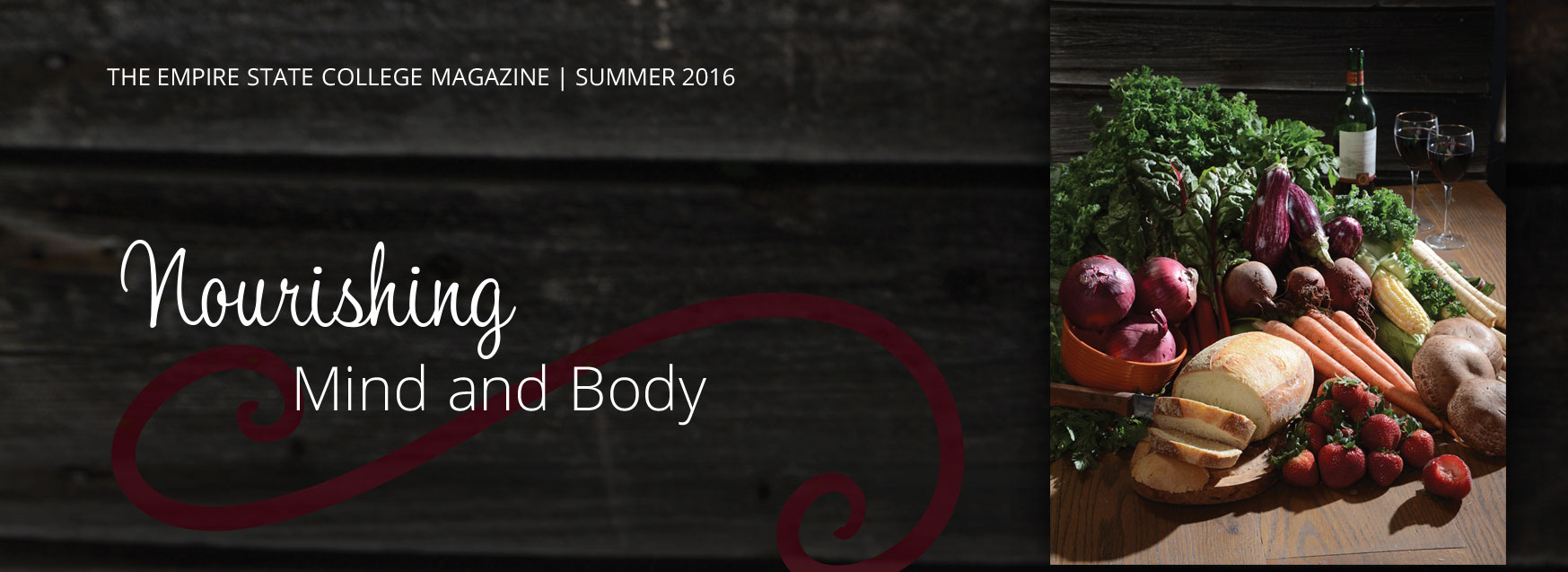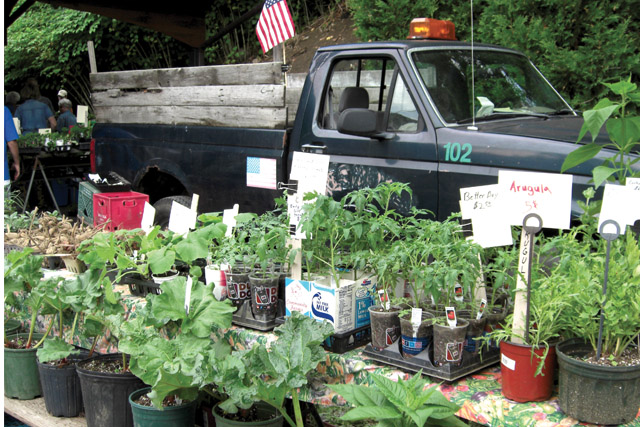
Really Learning What’s On the Menu
by Kevin L. Woo

Good food is important. Whether we enjoy the cooking aspect of the culinary arts, or simply love to consume food, it is an essential part of our daily survival. However, as salient as it is for maintaining our physical and mental health,many of us take for granted our access to a broad array of food and too easily neglect the importance of its quality and nutrition. We have spent several decades succumbing to the conveniences of processed foods and year-round, out-of-season products. However, the notion of quality in our food is becoming increasingly popular as we are more informed about the diversity in the food system. Nonetheless, our understanding of “quality” is also naïve.
I offer a study called On the Menu: The Science of Food and Nutrition, where I introduce students to the biology of food and the chemistry of nutrition.
We start by learning the basic terminology used in nutrition. We then examine the main building blocks of food (proteins, carbohydrates, fats, amino acids), cover the digestive system, and discuss the constitution of vitamins, minerals and supplements found in food.
However, it is impossible to discuss food without considering our behavioral attitudes toward food, the choices we make, the diets we follow and the economic impact of our decisions. As scientific achievements advance the production of consumables in our food system, it is important to constantly remind ourselves of the biological, ecological, cultural and economic costs of artificially accelerated change. Thus, the study also introduces students to a snapshot of important concepts in the biological, social and global understanding of nutrition and food.
As we migrate toward the conclusion of the study, we consider sustainable approaches to traditional agriculture and how our actions may support practices that improve local ecology and encourage conservation.
In New York City, there are many innovative projects using urban agroecology practices to utilize highly modified spaces typically unsuitable for large-scale agriculture. Our students are provided opportunities to visit such project
as the Brooklyn Grange and volunteer to assist with its mission, or work with the Youth Farm High School for Public Service. Thus, the study incorporates an interdisciplinary and theoretical framework, introducing the biological and chemical foundations of nutrition, while also allowing for applied learning opportunities.
Kevin Woo is a mentor and assistance professor at the college’s New York City locations. He recently taught his course about the science of food using the college’s Immersive Cloud Learning technology in Manhattan to instruct students at the college’s Staten Island location.
Photography by Therese Bosse